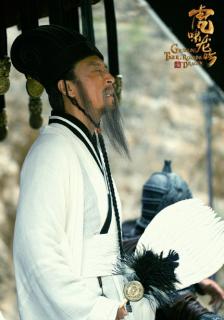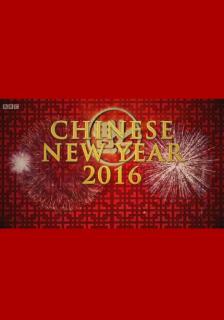-

Traditionally, the dragon was a sign of strength and power and it was often used by China's emperors as their own symbol.
传统上,龙象征着力量和权力,中国的皇帝经常拿它作为自己的象征。
《Chinese New Year》《中国春节》
-

The emperors of the Eastern Han chose poorly, and they doomed the empire to ruin.
亲小人,远贤臣,此后汉所以倾颓也。
《Permit me Liang to observe》《出师表》
-

The emperors of the Western Han chose their courtiers wisely, and their dynasty flourished.
亲贤臣,远小人,此先汉所以兴隆也;
《Permit me Liang to observe》《出师表》
-

China's written history dates back over 3,000 years and through the reigns of over 500 emperors.
中国有记录的历史可以追溯到三千年前,经历了500多个帝王的统治。
《Chinese New Year》《中国春节》
-

Whenever the late Emperor discussed this problem with me, he lamented the failings of Emperors Huan and Ling.
先帝在时,每与臣论此事,未尝不叹息痛恨于桓、灵也。
《Permit me Liang to observe》《出师表》
-
In the times of the emperors, the formality within the Forbidden City was rigid beyond belief.
在帝王时代, 紫禁城内的礼仪异常严格, 令人难以置信。
-
We don't defer to Kings or emperors.
无论国王、皇帝,我们都是不屈从的。
-
In the Middle Ages the church rivalled kings and emperors.
在中世纪,教会与国王君主争权;
-
And all of these were attempts though promoted by the emperors.
这些都是皇帝自己作出的尝试。
-
Rome (before the emperors) became the prime example of such a mixture.
罗马(有皇帝之前)就是这种混合的一个主要例子。

 词典释义:
词典释义: